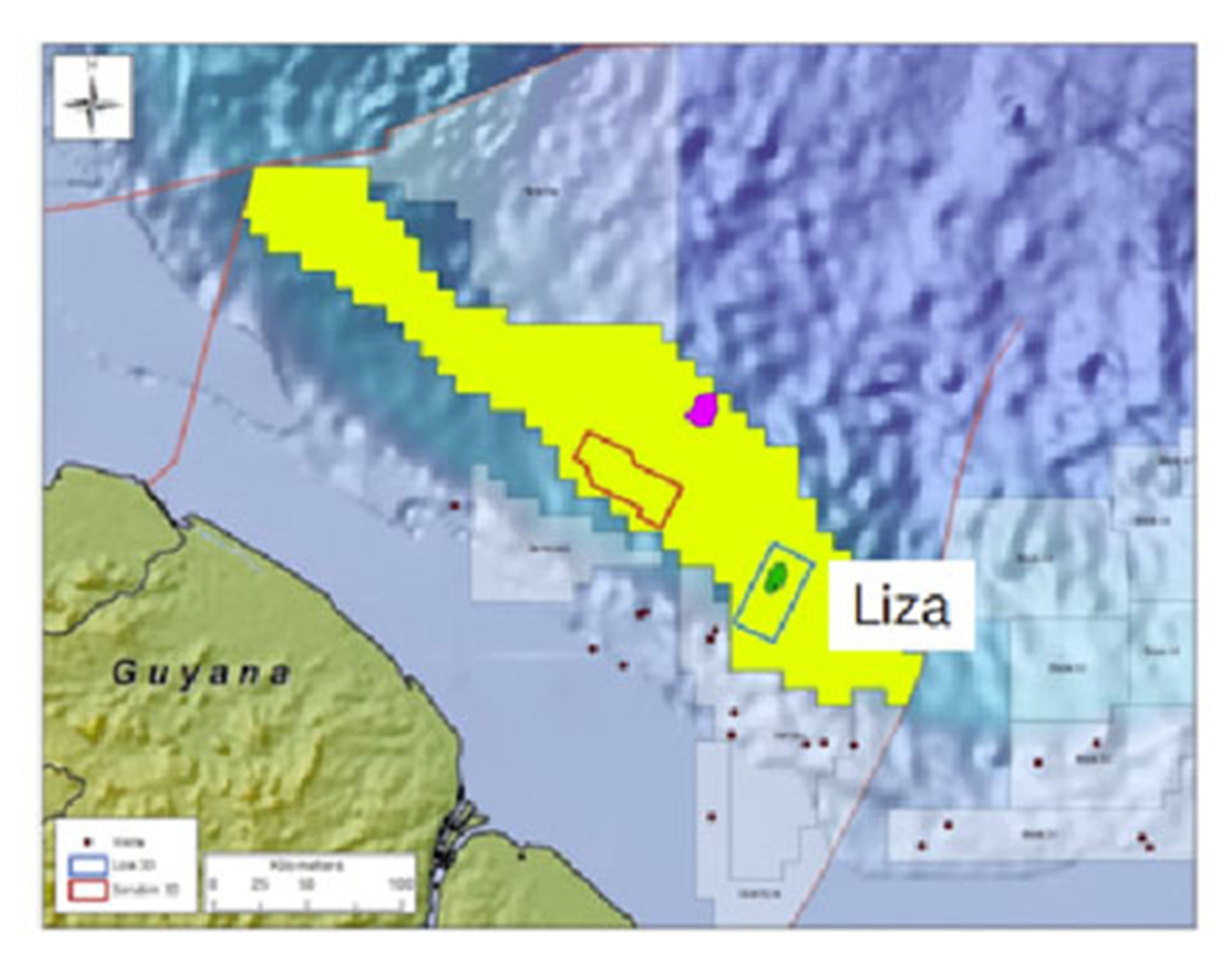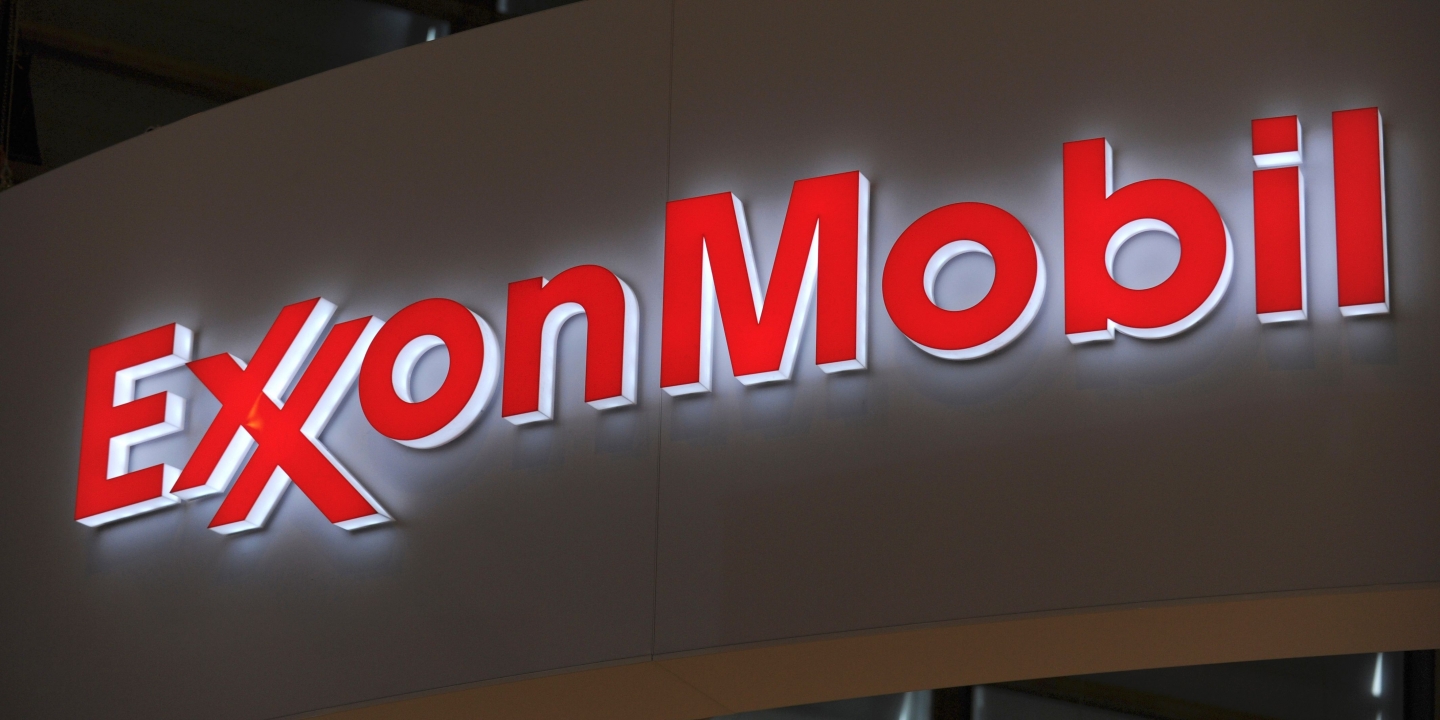
Guyana could be losing out on US$108m per annum from low royalty – Khemraj
By Staff Editor OnIn Local News |Guyana could be losing out by as much as US$108m per year because of its low royalty rate of 2% in the agreement with ExxonMobil’s subsidiary and much more if as expected production rises in the future to as much as 400,000 barrels of oil per day in the Stabroek Block.
This is the contention of Sunday Stabroek business columnist Tarron Khemraj who also argued that the lack of robust economic research capacity here will cost the country dearly in deals such as the controversial Production Sharing Agreement (PSA) with Esso Exploration and Production Guyana Limited (EEGPL).

Khemraj compared Guyana’s pact to a similar production sharing agreement in Angola.
Having earlier argued that the country missed out on about US$200 million in a signing bonus with EEGPL, Khemraj said that as it relates to royalty, the country is surrendering about US$108 million per year for the life of the offshore oil project, assuming 8% royalty at US$50 per barrel and 120,000 barrels per day.
“If production scales up to 400,000 barrels per day by 2025, the same US$50 barrel will result in a royalty sacrifice of US$360 million per year for the rest of the project, say 20 years. Note, Guyana will receive 2% royalty, so effectively the country is losing out on 6 per cent points of royalty, which is taken into account in my calculation above”, he said.
He added that if Guyana had had robust research capacity, researchers could have alerted the Guyanese politicians that British Petroleum paid the Angolan government US$111 million in a signature bonus for one block in 2002.
“The global accounting firm KPMG later reported that Angola received a total of US$335 million in signature bonuses from BP and other companies for just block 31. Chad received, again in the early 2000s as noted by the IMF, US$40 million in a signature bonus and US$2 million in a production bonus. However, US$10 million of the signature bonus was deductible as cost, thereby resulting in an effective bonus of US$32 million. These two cases are instructive because, like Guyana, Angola had a production sharing contract as opposed to a concession-based contract. Chad had a hybrid rule of contracting-based and concession-based contract”, Khemraj said.
Khemraj contended that as it relates to royalties, Guyana is going to miss out significantly for the life of the project.
The 2% royalty is very low by the global standard which appears to average around 8%, he said. Although the 50-50% split of profit oil seems reasonable, albeit regressive, Khemraj said that the Guyanese government was never able to release any information about what it believes the average cost of extracting a barrel of oil will be.
“This is the pivotal number as economists in the civil service would have indicated. There is a 75% cap on cost recovery, but on what average cost number? No investor starts a business, let alone ExxonMobil, without having a basic idea of the average cost. Is it 75% of US$20 cost per barrel or 75% of US$40 cost per barrel? The investment bankers and the market analysts know this number”, he stated.
Pinning down the average cost of production will make all the difference in realization of profit oil throughout the 20 plus years of production, Khemraj posited
As an economist, he said that the weakness of the PSA is more striking in terms of the economic aspects than the legal framework. He said that it is clear to him that the negotiators were not fed with a wealth of economic information that existed in 2015 and early 2016 during the negotiations.
He said the reason that adequate research capacity does not exist in the public service is because the political class does not see the necessity of this. He lamented that the first order of business here after winning a general election is the domination of key positions in the public service by party supporters without any concern for technical competence.
“No doubt when early visionaries like Forbes Burnham and Cheddi Jagan established UG they had building this exact this kind of capacity in mind. No foreign politician or former CEO giving a lecture at Guyana Marriott on oil and gas matters can substitute for this kind of daily indigenous capability, which ought to have existed since UG has a degree programme in economics”, Khemraj stated.
Article printed from Stabroek Copyright © 2017 Stabroek News. All rights reserved.

